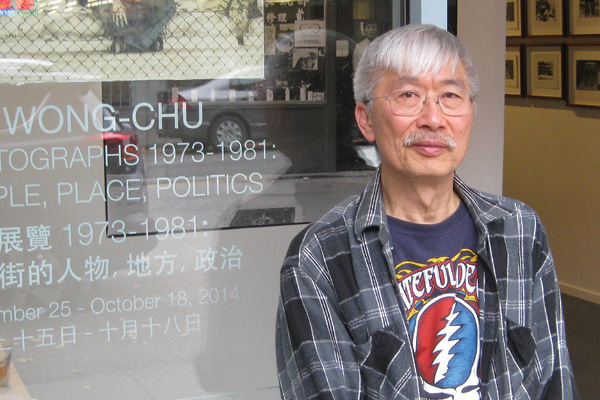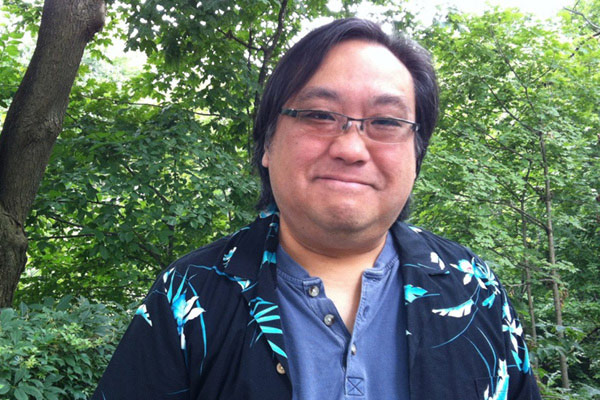By Terry Watada
The Toronto summer of 2005 was the so-called “Summer of the Gun”. 52 were shot dead. By June 2016, the number of shooting deaths in the city rose to 21. Appalling figures with many, many tragic consequences not only for the victims but for family and friends. Perpetrators too ruined their lives. Their lives were over with the pull of a trigger.
These statistics pale in comparison to the United States. In 2015 alone, over 13000 gun deaths were reported. In 2016 Chicago, more than 2800 were shot by September, 517 died of their wounds. The average number of guns owned by each US citizen is six.
In Japan, there was one gun-related death in 2015. One! This presents a real problem for Americans living in Japan. Do they come home to the constant threat of gun violence? It is worth the risk?
Mary Nobuoka who is a university lecturer in Japan has lived there for twenty years. Her father recently offered to allow her thirteen-year-old son to live with him in the US so she could avoid paying for an expensive English-language school. She said no.
For Mary, a mass shooting is theoretical. But there are those living in Japan who have known victims of mass shootings. Lance Hardy, an editor and translator, woke up to the news that a gay nightclub was the scene of 49 people being gunned down by some crazed gunman. One of the victims was his friend. Hardy is considering giving up his citizenship.
In 2015, over 4000 Americans renounced their citizenship. That same year, half a million Americans (non-diplomatic and non-military) moved to Japan. That’s 100,000 more than a decade ago. Many are deciding to stay, maybe not as citizens, but as visitors since visa extensions are relatively easy to come-by. People simply feel safe.
As a consequence, Japanese parents send their children to school unescorted even in Tokyo. The police do carry guns but seldom use them. In 2015, there were eight crimes committed in which guns were fired. Apparently, the gun laws are so harsh for possession (never mind firing them) even the Yakuza have given them up. As a result, Japan citizenry has on average .6 guns per 100 citizens.
So why the difference? The United States is arguably a civilized country with supposedly wise leadership. There is the second amendment, which was written over 200 years ago and set into law in the event of an invading force (like the British). Then there is the National Rifle Association, staunch defenders of American civil rights. Still, the question remains, why defend an antiquated right when so many are dying each day? Not even the slaughter of children will stop the NRA from lobbying fearful or stupid politicians against doing something courageous like initiating gun possession reform.
Is racism involved here? Most murder victims are poor young Black men killed by poor young Black men. The media however fix their gaze on police officers shooting Black men (and some women). But the NRA membership spans the breath and width of the American population. And it’s just not white police officers killing Black men. A good number involve police of colour.
Why is it in the best interests of the NRA and the police to keep the freewheeling availability of guns intact? Could it be a kind of law and order, the kind the odious Donald Trump promised during his Presidential run?
Instead of spending all kinds of money and investing in man and woman power on policing the nation, let the bad guys mete out justice against one another. Allegedly, American society would rather see Black men kill Black men or police officers shoot-dead perpetrators to avoid the elephantine and ineffective justice system. Add to that the fact that jails are overcrowded and the cost per prisoner is astronomical and it is easy to see that society might find a quick death as expedient.
Some seniors, reactionaries and certain Republicans in the United States have been heard to say cynically after it is reported a mass shooter kills himself or if the police gun down a shooter, “Good. Nice of him to do so – saves on taxes.”
And if a few children are the targets or innocent bystanders are caught in the crossfire – that’s just collateral damage.
Obviously the Japanese and to a certain extent Canadians see the absurdity in something like the Second Amendment. It is not a civil or human right of the people; it is an uncivil and inhuman right that needs repealing.


